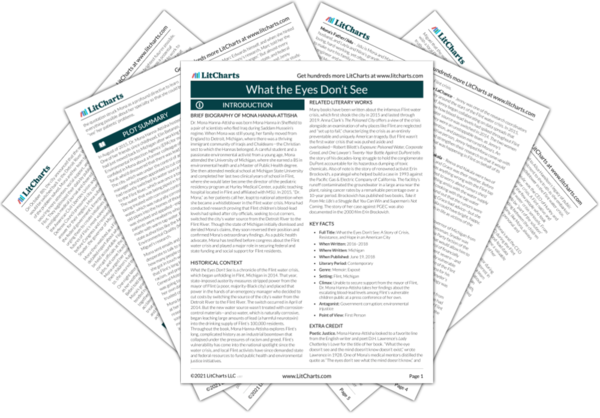In this passage, Mona interrogates her family’s complex relationship with life in America. On the one hand, her parent were furious with how the U.S. turned a blind eye to many of Saddam Hussein’s most terrible deeds because they valued him as an ally against communism. On the other hand, her parents were trying to carve out a place for themselves in a new country. They were working to participate in the American Dream, but their hearts and minds were back in Iraq, where terrible things were taking place. Mona’s parents couldn’t help their communities back in Iraq, which perhaps caused them to double down on the belief that the community actions one
could take were all the more important.


